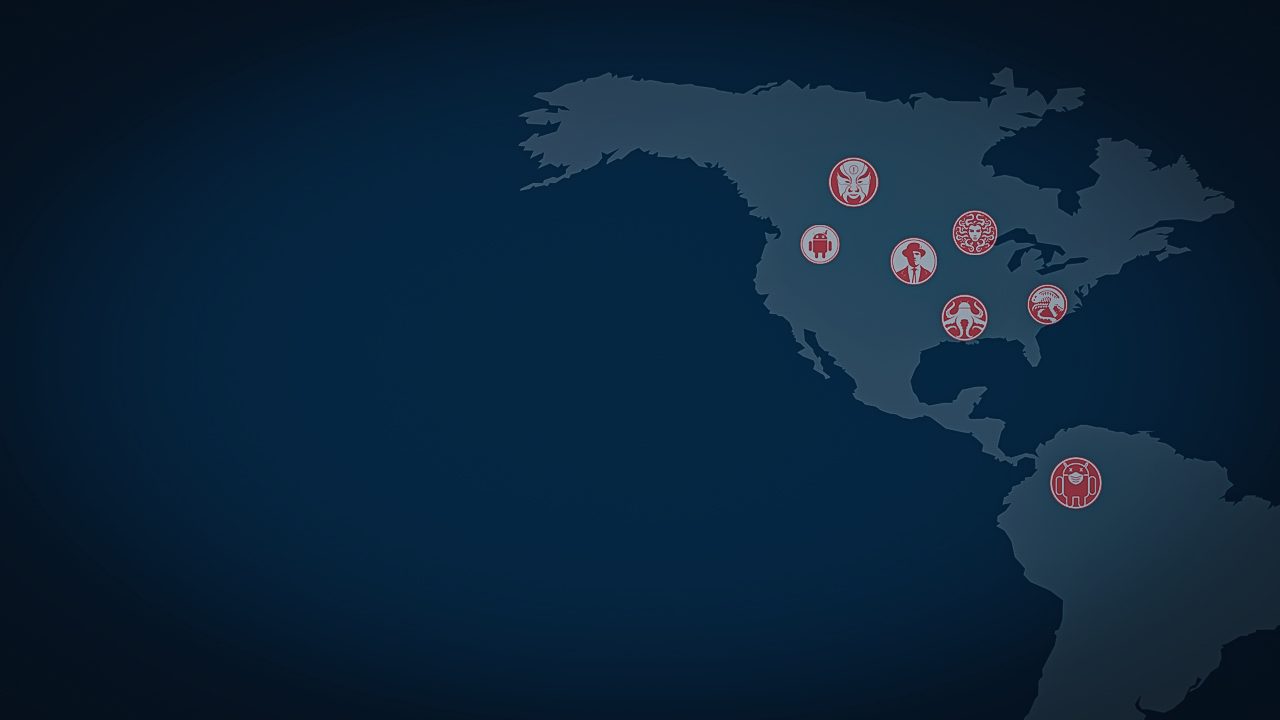OpenAI’s Strategic Pivot: Navigating Content Licensing in the Age of AI
The landscape of artificial intelligence is rapidly changing, particularly as it relates to the ongoing relationship between tech companies and content creators. OpenAI, renowned for its innovative generative models like ChatGPT, is now forging new paths through licensing agreements with media producers. This shift aims to alleviate the ethical, legal, and moral complexities surrounding the widely practiced method of web scraping, which has become inherent to AI training.
As we dwell in a digital age where the value of content has skyrocketed, generative AI developers have found themselves amidst a swirling debate over data utilization. The need for vast quantities of data to train powerful AI models has led them to scrape online platforms aggressively—often without consent. This behavior has led to numerous legal disputes that raise pressing questions about copyright and fair use in the AI era.
Exploring new frontiers in AI and media licensing.
The Legal Quagmire
Since the introduction of ChatGPT in November 2022, the media landscape has not remained untouched. Many content creators, including writers, artists, and musicians, have expressed concerns about the unsanctioned use of their work. The questions surrounding the legality of AI web scraping have fueled debates, leading to high-profile cases like Getty Images versus Stability AI and New York Times versus Microsoft. In both instances, issues of ownership rights and revenue sharing are at the forefront, illustrating the tangled web of interests involved.
OpenAI’s recent initiation of licensing deals with publishers such as Vox and Condé Nast signifies a critical turning point. By securing permissions, OpenAI not only aims to protect itself from mounting legal pressures but also seeks a sustainable path forward in a competitive market. As OpenAI’s valuation hovers around $157 billion, it becomes clear that these licensing agreements could unlock substantial revenue streams, vital for the organization’s long-term growth strategies.
Evolving Web Scraping Technology
The technical practices that underpin AI web scraping are also under scrutiny. Many web producers are now implementing measures to restrict bot access. Robots.txt files, for instance, have become a favored method for content owners to control AI’s path to their material, effectively rejecting unauthorized crawlers. According to the Reuters Institute for the Study of Journalism, nearly half of high-profile websites began blocking OpenAI’s GPTBot by the end of 2023, showcasing a significant shift towards protecting intellectual property.
Interestingly, there’s a trend towards reducing these blocks. Data from the AI detection firm Originality AI indicates that as partnerships evolve, the percentage of top-tier news sites blocking GPTBot decreased from nearly 90% to just above 50%. This shift is an intriguing balancing act, as websites navigate protecting their content while also wanting to harness the power of AI.
The dynamics of web scraping technology in the media landscape.
A Shift in the Business Paradigm
Web security giant Cloudflare’s recent announcement of an upcoming marketplace for selling access to AI crawlers suggests that content producers are beginning to see tangible business benefits in licensing. This potential marketplace, accompanied by tools like AI Audit, represents a larger movement towards structured negotiation between media creators and AI applications. By allowing publishers to designate terms, including pricing, the opportunities for monetizing content via AI become more concrete than ever.
While Cloudflare seems to be setting the stage as a pioneer in this arena, it’s likely that other companies will follow suit. Small, niche websites, which often struggle with the complexities of negotiations, stand to gain significantly from this transparent and organized approach to licensing.
Navigating Negotiations in a Complex Landscape
These ongoing licensing negotiations occur against the backdrop of legal uncertainties, revealing layers of complexity within the industry. AI vendors clearly benefit from accessing high-quality content, yet details remain murky about how content producers will benefit from these deals. Reports indicate that partnerships like that of OpenAI and Condé Nast are framed as measures to offset dwindling revenues due to changes in digital advertising dynamics.
The Condé Nast CEO has publicly mentioned how these arrangements could lead to revenue sharing, thereby allowing companies to safeguard their editorial quality and creative output. Nonetheless, licensing content to AI could create a feedback loop where generative models become increasingly adept and sophisticated, thus posing future competition to the very creators who provided that valuable content.
The potential evolution of AI-generated content.
The Road Ahead: Implications for the Future
As the lines between AI development and content ownership blur, the media industry stands at a crossroads. The rapid evolution of legal frameworks, technological capabilities, and business models will shape the ultimate success or struggle of this partnership between AI and media.
The competition for quality data is growing fiercer, as many industry insiders claim generative AI developers are ‘running out of data to crawl.’ With many publishers already exercising control over their content, the future of content licensing and AI web scraping remains uncertain but significant for the media landscape. The implications here will not only influence the revenue models for content producers but may also redefine the relationship between AI and media in an increasingly digital world.
In closing, as OpenAI and similar companies navigate these waters, it’s essential that we consider both the ethical dimensions and the potential for innovation that responsible content sourcing can yield. The ongoing conversations around licensing are setting the stage for a future where AI and human creativity could coexist more harmoniously than ever before.


 Photo by
Photo by 











